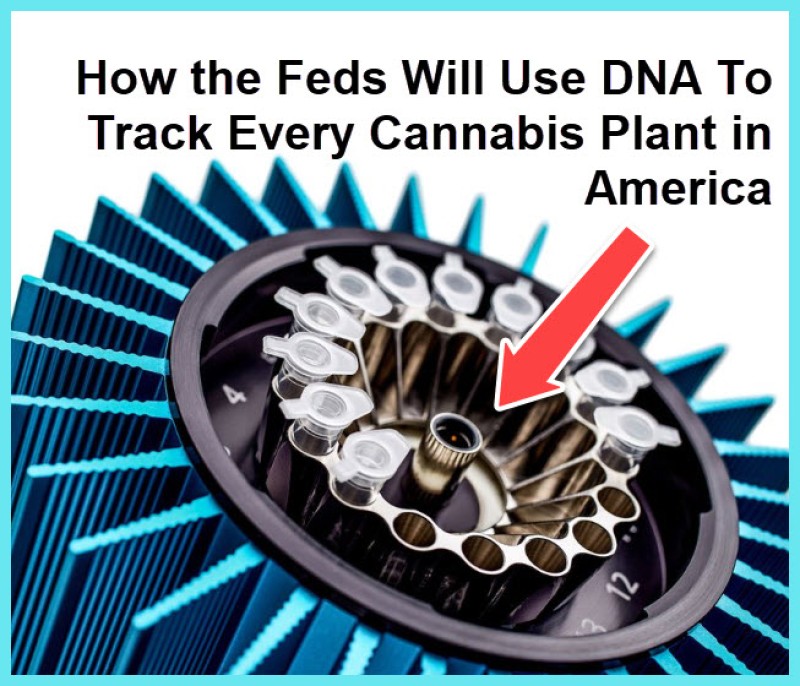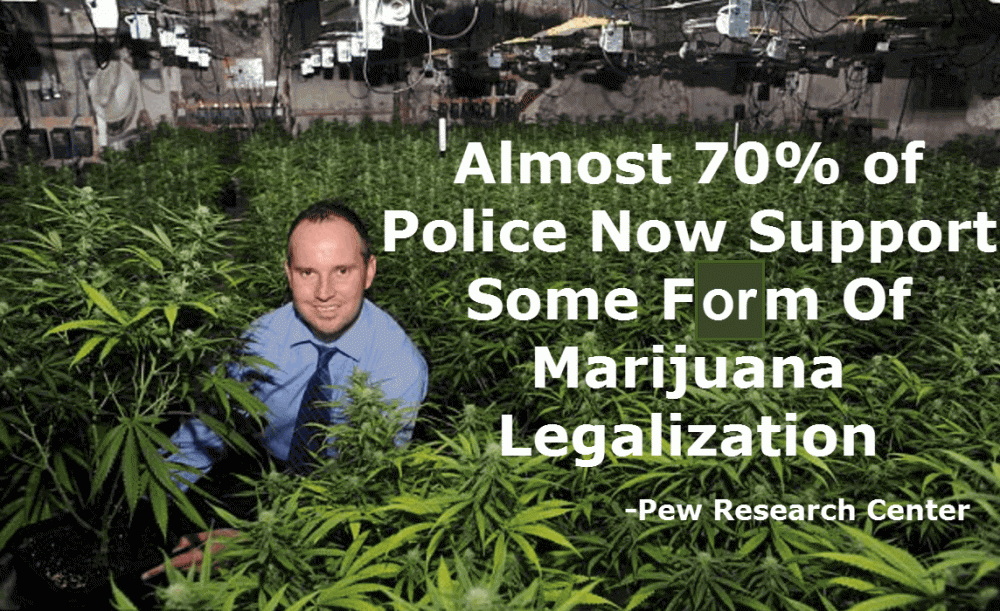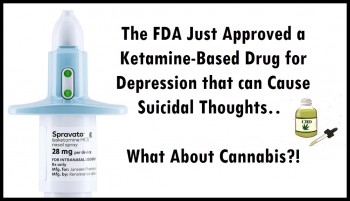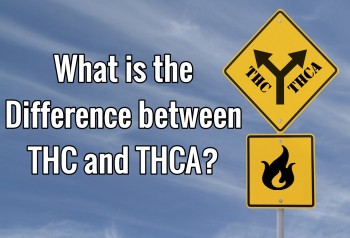How the Feds Will Track Every Cannabis Plant in America
The Federal Government Want to Track Every Cannabis Plant in America Using DNA Spray from CannabisNet on Vimeo.
Even in states where cannabis is legal, an illegal pot industry still exists.
This is true for Colorado, where black market growers have been able to sell cannabis beyond state lines. Even here, illegal growers can still enter the legal market.
This is a problem for the cops, who are looking for ways to battle the black market in order to ensure the state receives its $1.5 billion in revenues from the legal cannabis industry. However, thanks to technology, this may be one less worry for Colorado’s law enforcement.
This summer, the state may be able to identify all the black market cannabis using technology that was previously applied to trace where premium American cotton goes, whether it goes to clothing or making gin. All it requires is growers legally spraying their plants with a DNA, which works by providing an invisible encrypted bar code. The DNA bonds to the cannabis plant without altering its DNA, it then serves as a tag that is durable enough to be visible through processing and refining. The DNA can be found in products such as edibles and oils.
Through this technology, cops and dispensaries feed a small amount of product into a reader called SigNify which then confirms the farm where the plant came from, the strain, and its permit number.
Applied DNA Sciences is the biotech company responsible for producing these tags. “Think of the DNA as a content carrier,” says company CEO Jim Hayward. Each tag is engineered to embed 250 bits of information in the form of DNA nucleotides, allowing billions of potential DNA signatures from manufacturers and plants. But to protect the plants, the tags need to be dissolved in water; and parts per trillion are then measured. This way, only a small amount of spray is necessary, which then doesn’t increase the risk of developing mold.
Once a sample is fed into SigNify, the machine utilizes a polymerase chain reaction to identify the tags. Only Applied DNA Sciences staff are given access to portions of the tag, since they’re secure and aren’t allowed to be copied. This prevents counterfeit and a significantly reduced chance of any illegal product making it into the system. (Read more at Popular Mechanics)
Other Cannabis Tech News
In other cannabis tech news, an algorithm will be used to quickly and efficiently clear out old cannabis convictions in San Francisco.
Code For America, a nonprofit organization, is working with the San Francisco District Attorney’s office to build a system that would look for people eligible to participate in the program, and automatically fill up the paperwork. Without a technological solution for eligible people to petition for their offenses to be taken down or downgraded to crimes of a lesser level, the process takes a lot of time and money. This poses a problem for people who can’t hire an attorney or take time off work to take care of the paperwork.
The new machine learning algorithm by Code for America can go through documents, identify the codes for specific crimes, then automatically tell which felony convictions are eligible of being downgraded to a misdemeanor. Once this is done, the algorithm fills up the necessary forms that the district attorney then files with the court.
For an individual with criminal records, these changes have a significant, life-changing benefit. “If you have a felony conviction, or in many cases, if you have a misdemeanor conviction, there are many employers who will not hire you,” says San Francisco district attorney George Gascon. “There are many landlords that will not allow you to rent or lease a place for them. There are certain types of student loans that you would not quality because of the felony conviction. So we know that having a felony conviction – for offenses that have been legalized – still holds back a lot of people. Mostly, quite frankly, poor people, and people in communities of color.”
Clearing conviction records also contributes to public safety, says Gascon. “There are two major components to reducing the likelihood that people will commit crimes. One is employment and the other one is housing. If you have a steady job and you have housing, you’re less likely to engage in criminal activity.”
Even though the DA office can process misdemeanor records fairly quickly, it’s different when it comes to felonies. A skilled paralegal may take 15 minutes to review a person’s criminal history, but he would need to do this for thousands of people. However, with the new algorithm, hundreds of records can be processed within minutes.
How the Feds Will Use DNA to Track Every Marijuana Plant in America from CannabisNet on Vimeo.
OTHER STORIES YOU MAY ENJOY...
HAVE YOU EVER HIDE FROM THE COPS, CLICK HERE.







